A collective of 14 Gardens in Cornwall are working to conserve rare species and protect the natural environment amid growing concerns over the climate crisis.
The Great Gardens of Cornwall, consisting of 14 well-known gardens and estates from across the county and Isles of Scilly, are highlighting the importance of protecting and safeguarding our Cornish landscapes with a number of pioneering and world-leading approaches to conservation.
Charles Williams, owner of the Caerhays Estate says “Cornwall’s microclimate and unique geology make it home to a number of globally rare species and habitats in need of our protection. As climate change takes hold it will increase the environmental pressures that face Cornwall’s wildlife and wild places, many of which are already in decline. We must continue to garden with the health of our soil, waterways and wildlife at the forefront of our mind.”
Each of the Great Gardens of Cornwall is doing their bit to protect the environment and help rare plant species flourish, and also set an example on a global scale. Official safe sites and dedicated propagation facilities are enabling species to flourish away from their endangered status.

“We are very proud to be working as a collective to tackle the climate emergency, always seeking to drive a pioneering approach to conservation and ensuring our environments have a positive future for next generations” commented Mike Nelhams, Curator of Tresco Abbey Garden.
Tregothnan is a globally recognised ‘safe site’ for endangered trees, and is home to a Wollemi Pine, a species thought to have been extinct for more than 50 million years - its discovery was likened to finding a living Dinosaur. The Wollemi Pine is thriving at Tregothnan, and cuttings have been sent overseas to support the reintroduction of the species across the world. The Eden Project is a Cornish born initiative, but has become a global green movement that explores the depth and breadth of the natural world. Eden is multifaceted; part global garden, part social enterprise, part education forum and part platform for positive change. Catherine Cutler, Interim Head of Horticulture at The Eden Project says, “There is an increasing imbalance between mankind and the natural world, and many emergency environmental issues are all symptoms of this lack of harmony. That’s why the Eden Project is working so passionately with, for, and as part of nature to try and repair this relationship from the soil up, and demonstrate and inspire positive actions that individual people can do for the planet.” Tresco Abbey Garden is a safe haven to a growing population of Red Squirrels introduced to the garden by David Mills and his partner, actress Dame Judi Dench. The Red Squirrel is one of the most endangered wildlife species in Britain due to habitat loss and the unrelenting advance of the Grey Squirrel. Tresco is a sanctuary for Red Squirrels and has proved to be an important proof of concept for their reintroduction on other islands. The Great Gardens are offering opportunities for the public to explore conservation areas, connect with nature and learn about rare species they wouldn’t otherwise encounter. It is a topic that is becoming increasingly important to people, with the ‘Restore Nature Now’ march happening on June 22 in London being described as a legal, peaceful, inclusive and family-friendly demonstration, that aims to be the biggest gathering of people for nature and climate that the UK has ever seen.
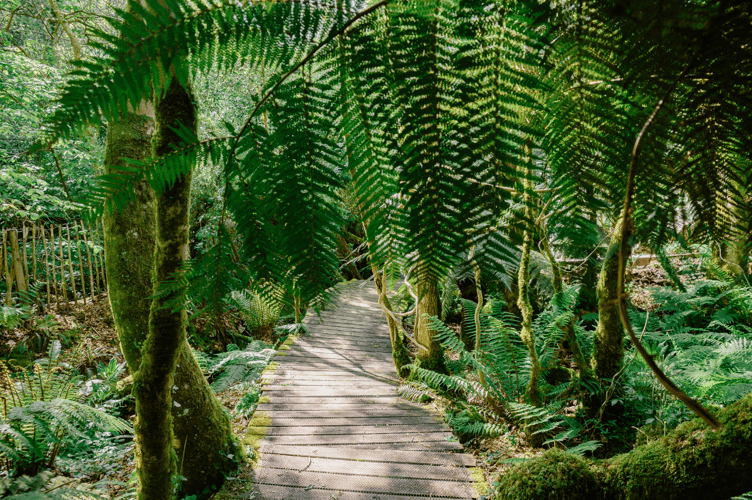
This event is being supported by Cornwall Wildlife Trust, Cornwall Climate Care, National Trust, Friends of the Earth, Woodland Trust, The Wildlife Trust, WWF, WW, RSPB, Plantlife and many more organisations. In the spirit of ‘Restore Nature Now’, The Great Gardens of Cornwall are encouraging everyone to take ownership of their actions and be conscious of their impact on the natural world. The Great Gardens of Cornwall are a collective of the most horticulturally significant gardens in Cornwall, and they represent a wide variety of habitats from valley gardens to parkland, woodland, riverside and cliff top locations. All of the gardens share a common passion for protecting wildlife habits, conserving rare species and propagating valuable plant genetic material.
To explore more, please visit The Great Gardens of Cornwall website: https://www.greatgardensofcornwall.co.uk
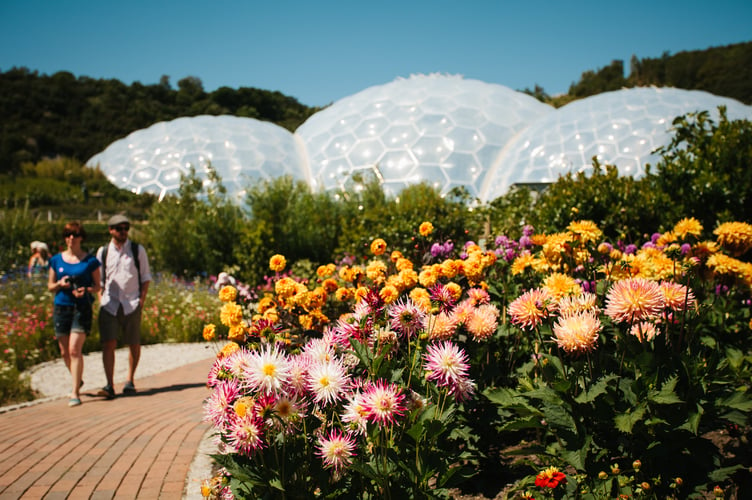
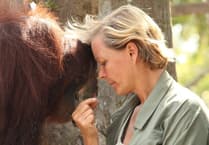
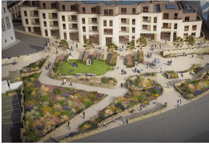

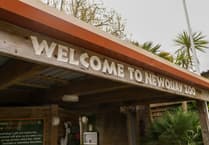
Comments
This article has no comments yet. Be the first to leave a comment.